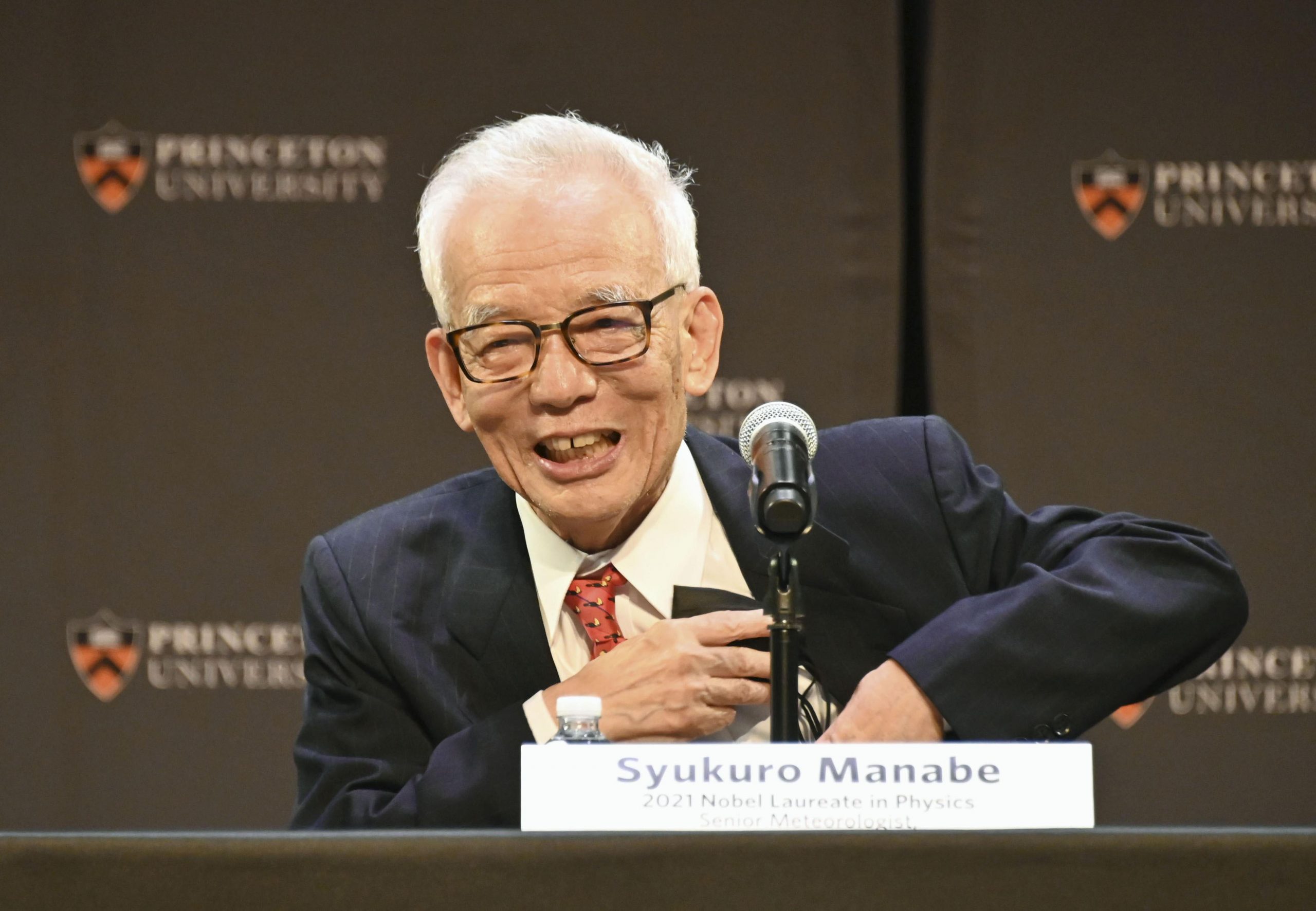
At the home of Syukuro Manabe, a senior researcher at America’s Princeton University and a Nobel laureate in physics, there was “Chinese-American Confrontation,” the recent work of the University of Tokyo associate professor Ryo Sahashi. It was very impressive that a pioneer in climatology and meteorology who developed computer models to forecast climate change was so interested in international politics.
This year, the Biden administration, which has assertive policies on climate change, took office. President Xi Jinping of China announced the cancellation of the construction of new coal power plants overseas. At the end of the month, the 26th United Nations Climate Change Conference will begin, with discussions on how to prevent global warming and the progress of measures to cope with it.
To predict the future of climate change, it is essential to understand the trends in China and America, the world’s first- and second-largest carbon dioxide emitters. Manabe’s interest in Chinese-American relations stems from this curiosity. Because he worries about “the frequency of drought and downpours and the reduction in sea ice steadily increasing,” he is curious about whether we will be able to respond appropriately. That judgment is difficult even for someone so revered for raising the caliber of meteorology and climatology in general. He said at a college press conference: “To try to understand climate change, although it’s not easy, but much, much easier than what’s happening in current politics. It’s so mysterious, I can never appreciate.” Is human activity more inscrutable than natural phenomena?

Leave a Reply
You must be logged in to post a comment.